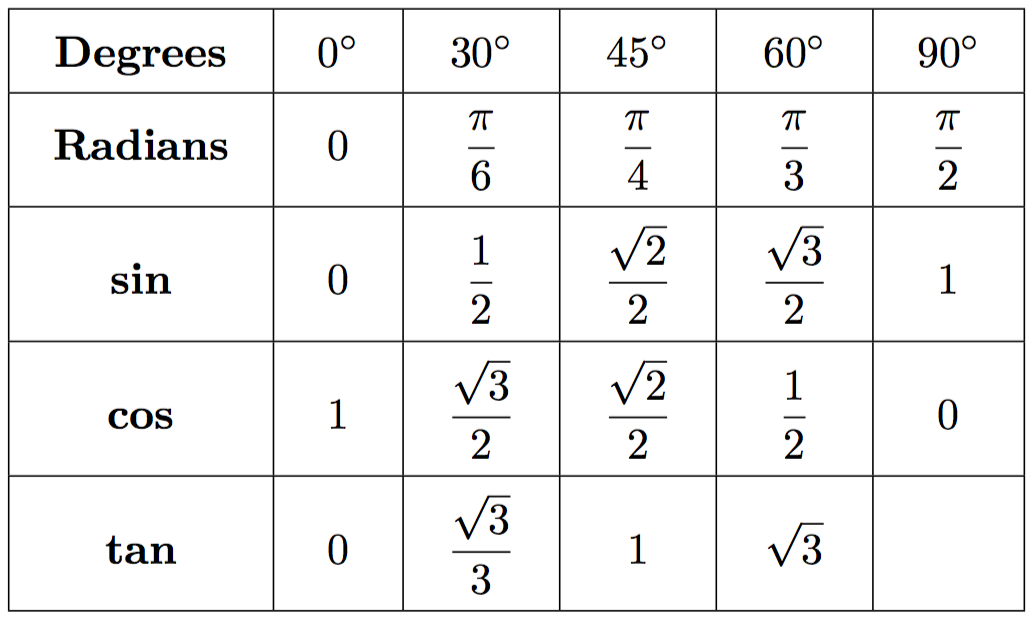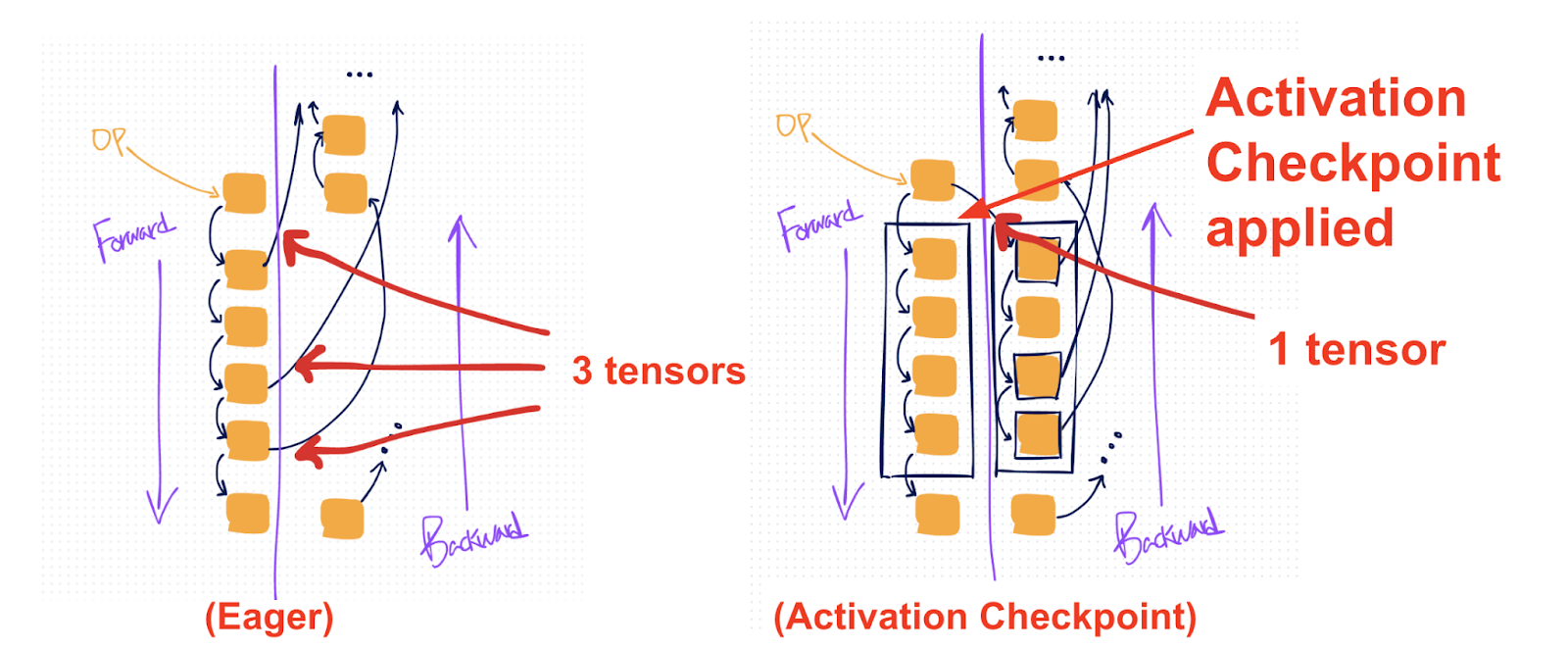Introduction
Sqlite offers a powerful way to build applications enabled with text similarity functionality. Being written in C, it’s execution speed in unparallel. The ease of use and its flexibity is super nice. You could use it to build a powerful search engine in no time. In fact, I’ve also used for a near real time text search task in a microservice. Here are few quick pointer you should remember:
- sqlite creates an in-memory database i.e. everything gets saved into RAM. So, make sure your machine has sufficient ram, incase you are working on large datasets.
- The straight forward way of using sqlite is using an conda environment (shown below). Otherwise, it’s a bit tricky to enable full text search (FTS) module with sqlite.
- Full text search (FTS) module is quite old in sqlite. We’ll use the latest version, FTS5.
In this tutorial, I’ll provide you some common & useful fts search queries which I’ve often used in my projects.
Table of Contents
- FTS Basics
- Setup conda environment
- Load the dataset
- Indexing pandas dataframe into sqlite
- Useful text search queries
1. FTS Basics
Sqlite’s FTS module creates a virtual table. Think of it as a normal table in a database but on steroids i.e. powered with a blazing fast text search capabilities.
Remember the following points while using a virtual table:
- You can’t specify the column types (like schema), every column would be mapped as a text (string) column.
- It supports standard table operations such as INSERT, DELETE, UPDATE.
- The table assigns an implicit
rowidID for each row which is easily accessible (shown below). - The recommended way to do matching is using the MATCH operator.
- The default scoring algorithm used is BM25 (Best matching 25) algorithm. The best match gets highest score. The default sorting in sqlite, is sort by ascending. Hence, in order to keep the result consistent, the score is multiplied by -1. This way the best match can be ranked first. Don’t get confused if you see negative scores.
2. Setup conda environment
Like mentioned above, the simplest way to use fts5 module is using sqlite3 installation in conda. Let’s create a new conda environment. Go to your terminal and execute the following commands:
>>> conda create -n pyenv python=3.7
>>> conda activate pyenv
Now, simply launch ipython or jupyter notebook inside the environment to access full functionalities of sqlite3.
3. Load Dataset
For this tutorial, we’ll use the classic imdb data set which contains ratings for each movie.
import sqlite3
import pandas as pd
df = pd.read_csv('imdb_1000.csv')
Let’s quickly explore the data and understand what we’ve got.
r, c = df.shape
print(f"The data has {r} row and {c} columns")
The data has 979 row and 6 columns
df.sample(5)
| star_rating | title | content_rating | genre | duration | actors_list | |
|---|---|---|---|---|---|---|
| 88 | 8.4 | The Kid | NOT RATED | Comedy | 68 | [u'Charles Chaplin', u'Edna Purviance', u'Jack... |
| 759 | 7.6 | Robin Hood | G | Animation | 83 | [u'Brian Bedford', u'Phil Harris', u'Roger Mil... |
| 572 | 7.8 | The Birds | PG-13 | Horror | 119 | [u'Rod Taylor', u'Tippi Hedren', u'Suzanne Ple... |
| 773 | 7.6 | Disconnect | R | Drama | 115 | [u'Jason Bateman', u'Jonah Bobo', u'Haley Ramm'] |
| 84 | 8.4 | Requiem for a Dream | R | Drama | 102 | [u'Ellen Burstyn', u'Jared Leto', u'Jennifer C... |
Note: For now, we’ll be using just title,genre and rating field for query matching with basic text cleaning.
4. Indexing pandas dataframe into sqlite
Before indexing the data, let’s do basic text cleaning.
# clean text
df['title'] = ((df['title']
.str
#replace everything which is not a digit or alphabet
.replace(r'[^a-zA-Z0-9]',' ')
.str
.split()
.apply(lambda x: ' '.join([i.strip() for i in x]))
#convert to lowercase
.str.lower()))
df['genre'] = df['genre'].str.lower()
# create sqlite database into local memory (RAM)
db = sqlite3.connect(':memory:')
cur = db.cursor()
# create table
cur.execute('create virtual table imdb using fts5(title, genre, rating, tokenize="porter unicode61");')
<sqlite3.Cursor at 0x11e2cd5e0>
sqlite offers powerful inbuilt tokenizer options. Those are:
- unicode61: This is the default. It normalises all tokens into unicode characters.
- ascii: It converts all non-ascii characters like ã, Â and matches them with their ascii version. For example:
porteñowould be matched withporteno. - porter: It implements porter stemming algorithm. It would match happening, happened, happens to happen.
For our case, we are using a combination of unicode61 and porter tokenizer.
# bulk index records
cur.executemany('insert into imdb (title, genre, rating) values (?,?,?);', df[['title', 'genre','star_rating']].to_records(index=False))
db.commit()
5. Useful text search queries
Query 1
* wildcard is quite powerful here. It can match sub queries (matches god -> godfather) as well.
# match any tokens which begins with this prefix
q = 'god*'
res = cur.execute(f"""select *, rank
from imdb
where title MATCH "{q}" and rating > 6
ORDER BY rank
limit 5""").fetchall()
res
[('the godfather', 'crime', 9.2, -5.50716086129246),
('city of god', 'crime', 8.7, -5.126347695889207),
('the godfather part ii', 'crime', 9.1, -4.794793805845165),
('the godfather part iii', 'crime', 7.6, -4.794793805845165),
('aguirre the wrath of god', 'adventure', 8.0, -4.503522057306445)]
Query 2
# everything starts with this word
q = '^ The'
res = cur.execute(f"""select *, rank
from imdb
where title MATCH "{q}"
ORDER BY rank
limit 5""").fetchall()
res
[('the godfather', 'crime', 9.2, -1.30318200237765),
('the matrix', 'action', 8.7, -1.30318200237765),
('the intouchables', 'biography', 8.6, -1.30318200237765),
('the pianist', 'biography', 8.5, -1.30318200237765),
('the departed', 'crime', 8.5, -1.30318200237765)]
Query 3
Here it matches the titles where exists maximum 3 tokens between the and a token.
# match all title where there are maximum 3 tokens between "the" and "a".
# good way to match phrases
res = cur.execute(f"""select *, rank
from imdb
where title MATCH 'NEAR(the a, 3)'
ORDER BY rank
limit 5""").fetchall()
res
[('the perks of being a wallflower', 'drama', 8.1, -3.0937328318311303),
('perfume the story of a murderer', 'crime', 7.5, -3.0937328318311303),
('once upon a time in the west', 'western', 8.6, -2.9261560330036995)]
Query 4
Easy to use boolean operators between tokens. AND, OR and NOT are reserved keywords in sqlite.
q = 'The OR GodFather'
res = cur.execute(f"""select *, rank
from imdb
where title MATCH "{q}"
ORDER BY rank
limit 5""").fetchall()
res
[('the godfather', 'crime', 9.2, -6.81247515893631),
('the godfather part ii', 'crime', 9.1, -5.931261954617385),
('the godfather part iii', 'crime', 7.6, -5.931261954617385),
('the lord of the rings the return of the king', 'adventure', 8.9, -1.0803071105367759),
('the lord of the rings the fellowship of the ring', 'adventure', 8.8, -1.0803071105367759)]
Query 5
# hybrid query
q = 'The AND GodFather AND P*'
res = cur.execute(f"""select *, rank
from imdb
where title MATCH "{q}"
ORDER BY rank
limit 5""").fetchall()
res
[('the godfather part ii', 'crime', 9.1, -7.960962698923183),
('the godfather part iii', 'crime', 7.6, -7.960962698923183)]
Query 6
# hybrid query
q = 'a AND the OR a NOT of*'
res = cur.execute(f"""select *, rank
from imdb
where title MATCH "{q}"
ORDER BY rank
limit 5""").fetchall()
res
[('once upon a time in the west', 'western', 8.6, -5.2526889873547455),
('a prophet', 'crime', 7.9, -3.1906709638269364),
('boy a', 'drama', 7.7, -3.1906709638269364),
('the perks of being a wallflower', 'drama', 8.1, -3.0937328318311303),
('perfume the story of a murderer', 'crime', 7.5, -3.0937328318311303)]
Query 7
# hybrid query
q = 'com*'
res = cur.execute(f"""select *, rank
from imdb
where title MATCH "{q}"
ORDER BY rank
limit 5""").fetchall()
res
[('the ten commandments', 'adventure', 7.9, -5.326063808508073),
('the king of comedy', 'comedy', 7.8, -4.981592992424006),
('guess who s coming to dinner', 'comedy', 7.8, -4.411015485745623),
('master and commander the far side of the world', 'action', 7.4, -3.764289031066617)]
Query 8
Instead of using the search field in the sql query, we can also mention it in the search query instead.
# hybrid query
q = 'title : of the'
res = cur.execute(f"""select *, rank
from imdb
where imdb MATCH "{q}"
ORDER BY rank
limit 5""").fetchall()
res
[('nausicaa of the valley of the wind', 'animation', 8.2, -3.276218025553669),
('dawn of the planet of the apes', 'action', 7.7, -3.276218025553669),
('rise of the planet of the apes', 'action', 7.6, -3.276218025553669),
('the lord of the rings the return of the king', 'adventure', 8.9, -3.213583634242071),
('the lord of the rings the fellowship of the ring', 'adventure', 8.8, -3.213583634242071)]
Following queries would demonstrate the use of available auxilary functions in sqlite.
Query 9
highlight as the name suggest is useful to highlight the selected text using given values.
# highlight text with brackets
q = 'title : of the'
res = cur.execute(f"""select highlight(imdb, 0, '[', ']')
from imdb
where imdb MATCH "{q}"
ORDER BY rank
limit 5""").fetchall()
res
[('nausicaa [of] [the] valley [of] [the] wind',),
('dawn [of] [the] planet [of] [the] apes',),
('rise [of] [the] planet [of] [the] apes',),
('[the] lord [of] [the] rings [the] return [of] [the] king',),
('[the] lord [of] [the] rings [the] fellowship [of] [the] ring',)]
Query 10
snippet is used to extract the given search query from the text. Below, we extract upto three words around the search query.
# hybrid query
q = 'title : the'
res = cur.execute(f"""select snippet(imdb, 0, '[', ']', '', 3)
from imdb
where imdb MATCH "{q}"
ORDER BY rank
limit 5""").fetchall()
res
[('[the] lord of',),
('[the] lord of',),
('[the] good [the]',),
('[the] lord of',),
('[the] hobbit [the]',)]
Query 11
bm25 is also provided as a auxilary function. By default, bm25 provides equal weights to all the fields, however here we have the option to provide custom weight. Here, we provide weight = 10 for title and weight = 5 for genre.
# hybrid query
q = '(title : the OR of) AND (genre: Action OR Comedy)'
res = cur.execute(f"""select rowid, *, bm25(imdb, 10.0, 5.0)
from imdb
where imdb MATCH "{q}"
ORDER BY bm25(imdb, 10.0, 5.0)
limit 5""").fetchall()
res
[(581, 'the king of comedy', 'comedy', 7.8, -8.870776402745351),
(624, 'dawn of the planet of the apes', 'action', 7.7, -8.68632546114357),
(788, 'rise of the planet of the apes', 'action', 7.6, -8.68632546114357),
(197, 'guardians of the galaxy', 'action', 8.1, -8.666804134844527),
(510, 'the last of the mohicans', 'action', 7.8, -8.624016931126334)]
Summary
In this tutorial, we learnt about the basics of sqlite and how to write powerful fts queries for matching text using python 3.7.





Comments